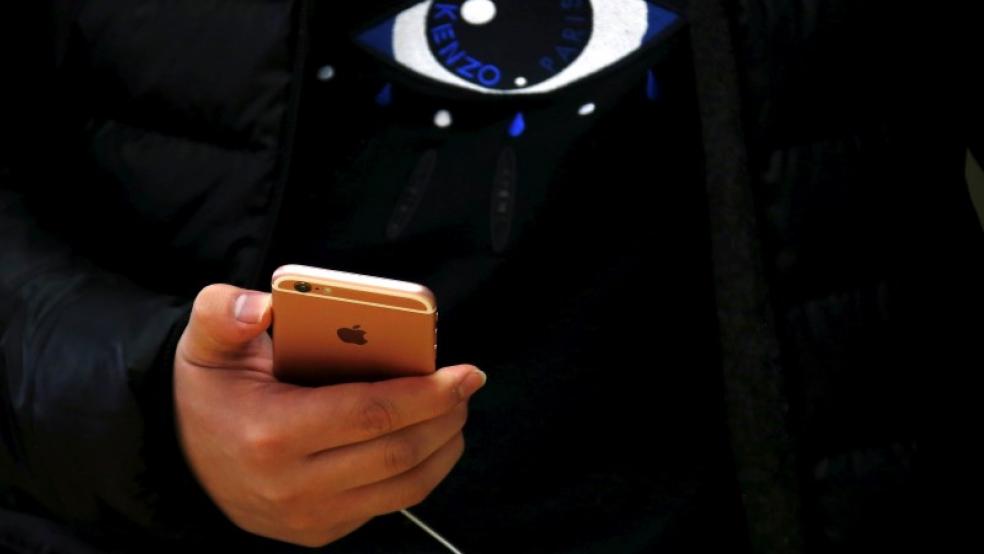Watch a teenager for even a few minutes are you’re likely to see their eyes glued to their phones or snapping selfies. New research confirms what we’ve all witnessed firsthand about how teens view their phones as mechanical body part.
In a new poll from Common Sense Media, half of teens report that they feel addicted to their mobile devices — and nearly three in five parents agree with that assessment.
Related: How Your Smartphone is Sabotaging Your Relationship
The survey of 1,240 parents and their children, ages 12 to 18, focused on how mobile devices affected family life, especially child-parent relationships.
The problem isn’t just limited to teenagers — adults also have difficulty unplugging. A little over one quarter of parents say they feel addicted to their phones, while almost the same percentage of teens think their parents are addicted, the poll found.
Data released by the research tracker eMarketer revealed that Americans spent two hours and 54 minutes a day on their mobile devices last fall. The amount of time was still expected to climb to three hours and eight minutes a day this year.
Although the report couldn’t conclude definitively what digital addiction is, the results show the massive presence of phones in everyday lives. Almost three quarters of teens feel the need to immediately respond to texts or other notifications, while a little under half of adults feel the same way. A significant majority of teens and adults check their devices at least once an hour. The average person checks their phone 35 times a day, according to WebMD.
If addiction is too strong a word, somebody’s obsession with phone on could be referred to as a “soft addiction.” The author Judith Wright came up with the term more than a decade ago and used it to refer to people’s habits, compulsive behaviors or recurring moods or thought patterns. According to Wright, behaviors qualify as a “soft addiction” when they result in the degeneration of the quality of people’s lives.
One encouraging finding from the new survey was that some parents and teens seem to recognize the detrimental effects of spending too much time on their phone. Half of adults and one third of teens say they very often or occasionally try to limit the amount of time they spend on their devices.
The most disturbing finding of the study was that 56 percent of parents surveyed admitted to checking their phones while driving. Just over half of teens reported that they saw their parents using or checking their mobile device.
Related: We’re All Becoming Distracted Victims of Smartphones
A different study by The Key, an information and advice service for teachers, found another distressing consequence of smartphone obsession. Because so many parents are constantly on their phones and not paying attention to their children, nearly one third of children starting primary school in the U.K. aren’t prepared for the classroom.
“Four year-olds know how to swipe a phone but haven’t a clue about conversations,” said one teacher in the report.
Although the study was conducted in the U.K., it’s likely the findings would be similar in the U.S. because smartphone use is just as widespread.
The Common Sense Media report concluded that additional research is necessary to determine how real digital addiction is. “Addiction is a complex and charged subject and, though it might be tempting to point to children’s evolving technology and media-related behaviors as evidence of new addictions, it is important to remember that true addictions reflect severe problems with very specific medical criteria,” the report reads.
Addiction or not, many teens and adults agree that too much time is spent on smartphones. Around two thirds of adults say they think their teen is on their phone too much, while just over half teens agree.





